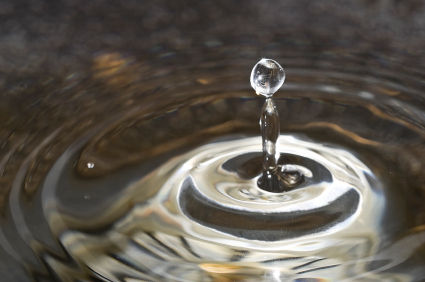Many dog owners take this lightly and don’t think that water intake of their puppy (whether it is too less or excess) is a reason to worry for them. Keeping an eye on the water intake of your puppy can significantly improve their health. Since puppies are more active than their adult counterparts, they need more water to stay hydrated for the day.
Size of the puppy, activity level, diet, weather conditions and metabolism are the five major factors which determine the appropriate water intake of your puppy. However, there are broad-spectrum rules which how much water is too much for your puppy:
Common sense is the rule number one when it comes to thirst of your dog. As a good pet owner, you have spent so much time with your pet and you can easily notice any change in the water intake of your puppy. If the water intake of your puppy has gone up or down, you should take him to vet to know the reason.
Initially, puppies depend on the mother’s milk for hydration. After weaning them off their mother’s milk, they will fresh water for hydration as they start eating dry or canned foods.
Another general rule says that a puppy needs somewhere between ½ to 1 ounce of water per pound of body weight of the puppy. For example, if you have a puppy for 40 pounds, 30-32 ounces of water is sufficient for good health.
Growing puppies need approximately half a cup of water every two hours. If you have a growing puppy, put a bowl full of fresh water around them every time so that he can drink water whenever he feels need for it. During this, you need to monitor how much water he has consumed in a particular time. Accordingly, you can get an idea how much water is enough for your puppy.
How would I know if my puppy is dehydrating?
Dehydration can lead to some very serious health concerns. Providing your puppy the supply of fresh water is very important for good health of the puppy. Grab the skin on the neck of your dog and try to stretch it and then release it. If the skin goes back to its place after releasing, then the dog is not dehydrates. If not, dog is dehydrated and should be taken to the vet.


